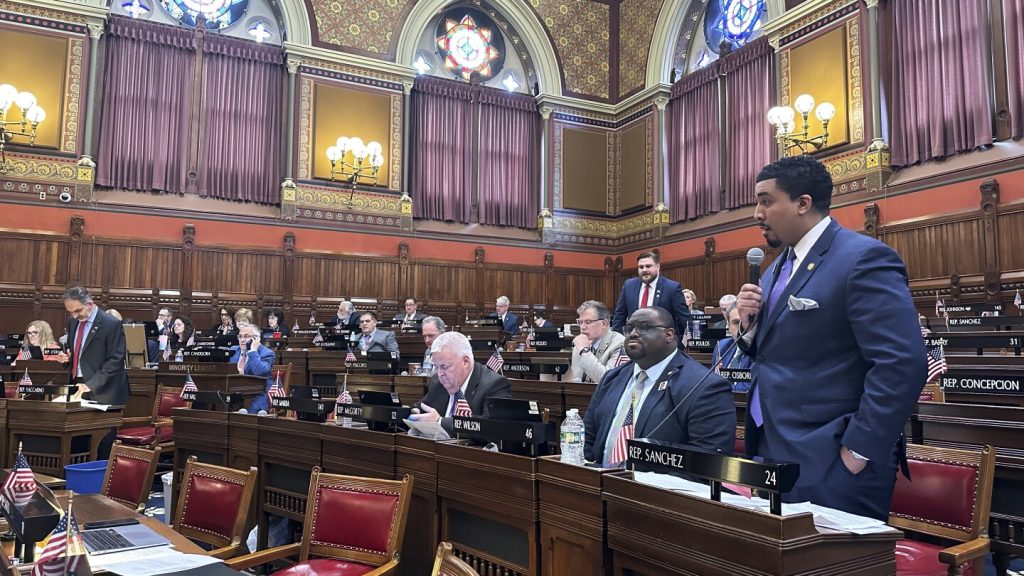Connecticut’s paid sick leave law, which was first implemented in 2011, is expected to be updated to include all employers, even those with just a single worker, by 2027. The proposed legislation aims to provide guaranteed time off to individuals who were previously left out of the law, such as low-wage and part-time workers. Democrats in the House of Representatives voted 88-61 in favor of the bill, which is anticipated to pass in the Senate as well. Proponents of the expansion argue that it is necessary, especially in light of the cultural shifts brought about by the COVID-19 pandemic, where employees should not have to choose between going to work sick and losing out on compensation.
If the bill is signed by Democratic Gov. Ned Lamont, Connecticut will join several other states and Washington D.C. in requiring paid sick leave for all businesses with one or more employees. However, Republican lawmakers, including House Minority Leader Vincent Candelora, have expressed concerns that the bill will create financial and bureaucratic burdens for small business owners and potentially harm the state’s recent economic growth. The current paid sick leave law in Connecticut only applies to certain employers with at least 50 employees, providing up to 40 hours of paid sick leave to specific service workers. The proposed bill would expand this coverage to employers with 25 or more workers beginning in 2025, and down to businesses with only one employee by 2027.
Under the new legislation, employees would accrue one hour of paid sick leave for every 30 hours worked, with a maximum of 40 hours per year. Critics of the bill argue that it is too lenient and does not require employees to provide a doctor’s note when taking sick leave, potentially opening the door for abuse. Republican Representative Steve Weir of Hebron suggested that the leave could be used for non-essential purposes like going to the beach. Despite these concerns, Governor Lamont believes the bill strikes a balance between protecting workers and ensuring that small business owners are not unduly burdened by the new requirements. He has indicated that he will sign the bill once it passes the Senate.
The bill has been the result of months of negotiations and is seen as an opportunity to reevaluate and strengthen existing paid sick leave laws in light of the lessons learned from the COVID-19 pandemic. Lamont emphasized the importance of safeguards to prevent misuse of the benefit, while also acknowledging the need to protect small businesses in the state. The passage of this bill reflects a broader shift toward recognizing the importance of paid sick leave as a fundamental right for all workers, regardless of the size of their employer. As the legislation moves closer to becoming law, it has sparked debates about the balance between protecting workers’ rights and supporting small businesses in Connecticut.


